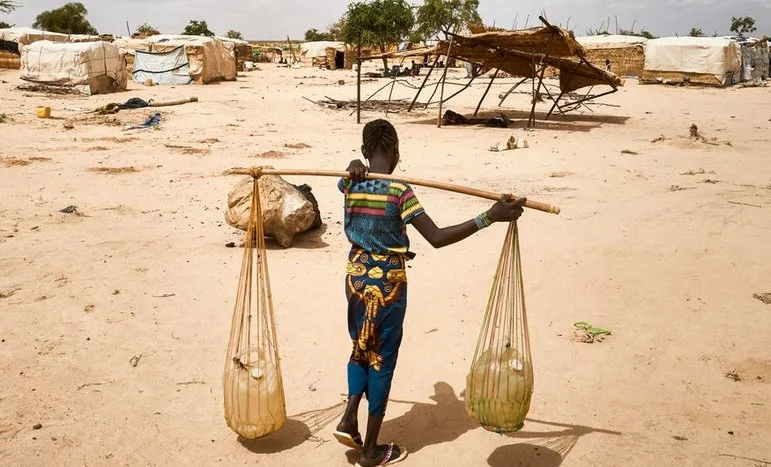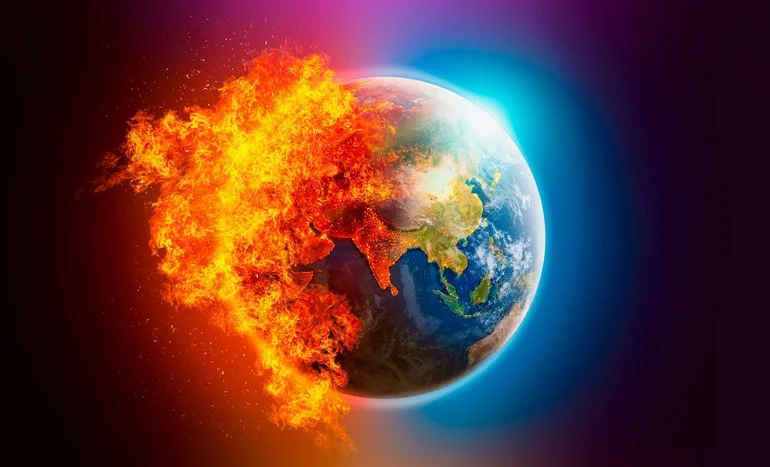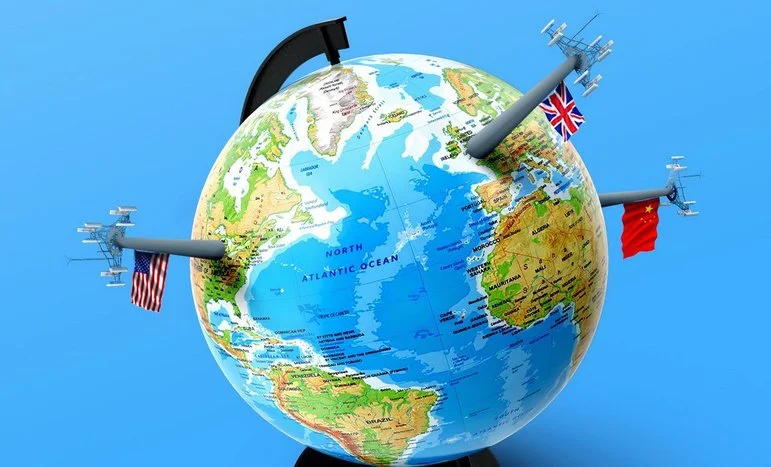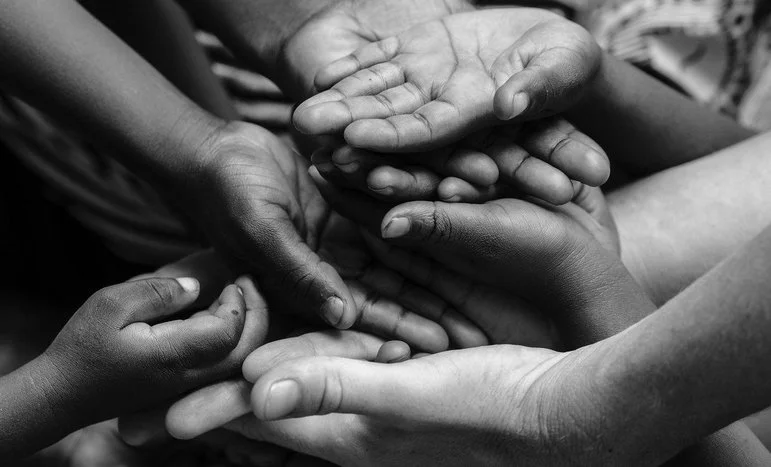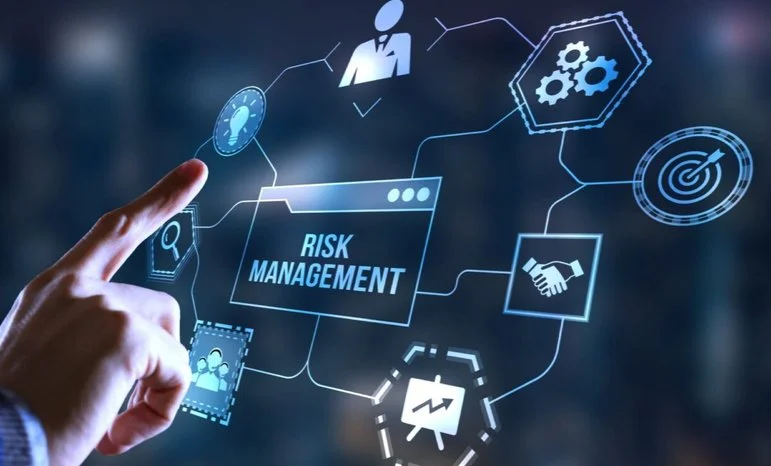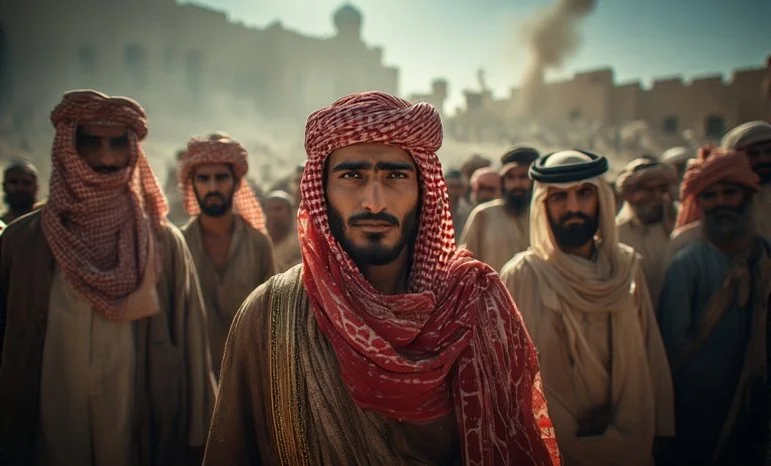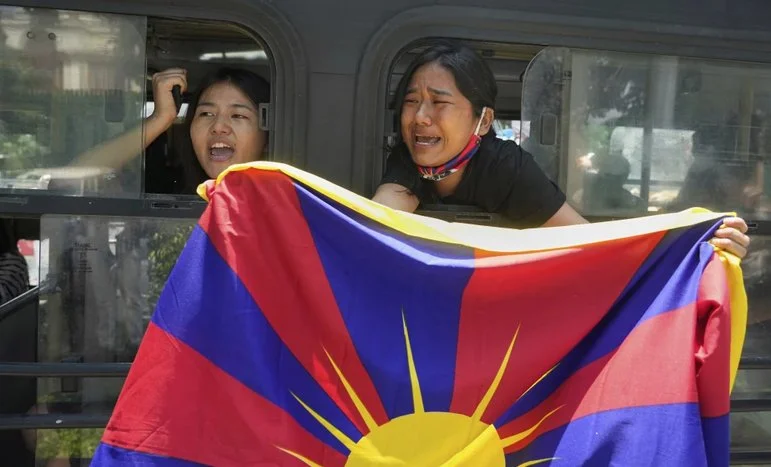“Hunger is not a scarcity problem. It is a justice problem.”
The world produces enough food to feed everyone. Yet, nearly 735 million people go hungry. Similarly, fresh water is essential to life—yet over 2 billion people lack access to safe drinking water. These are not isolated humanitarian concerns; they are symptoms of a systemic global crisis.
Food and water insecurity are becoming defining issues of our time—driven by climate change, unsustainable agriculture, poor governance, and rising populations.
A Fragile Balance, Now Tipping
Modern agriculture depends heavily on stable weather patterns, fresh water access, and healthy ecosystems. But all of these are now under threat:
- Erratic rainfall, prolonged droughts, and extreme heatwaves are ruining crops.
- Floods and salinization are damaging arable land.
- Over-extraction of groundwater is draining aquifers faster than they can replenish.
- Monoculture farming and chemical overuse degrade soil and reduce biodiversity.
Meanwhile, food systems remain shockingly vulnerable to global supply chain disruptions, as COVID-19, the Ukraine war, and export bans have shown.
Climate Change Tightens the Noose
Climate change is not just an environmental issue—it is a food and water issue.
- Rising temperatures reduce yields of staple crops like wheat, maize, and rice.
- Glacier melt and erratic monsoons threaten water supplies across Asia and Africa.
- Desertification is advancing in formerly productive regions.
- Climate-driven migration increases pressure on already scarce resources.
As the planet warms, those who contribute the least to emissions suffer the most.
Water Scarcity: The Next Catalyst for Conflict?
Water is no longer just a basic need—it is a strategic resource. Rivers, lakes, and groundwater basins that cross borders are becoming flashpoints:
- The Nile, the Tigris-Euphrates, and the Indus are all under stress, and so are the nations that rely on them.
- Urban expansion and industrial use further strain municipal water systems.
- Privatization and corruption often leave the poorest with no access at all.
Water wars may once have sounded alarmist—but they are now a growing risk in conflict-prone regions.
The Inequality of Insecurity
Food and water insecurity disproportionately affects:
- Rural farmers, whose livelihoods vanish with failed crops.
- Children, whose development suffers from malnutrition.
- Women, who often walk miles for water or bear the burden of food preparation under scarcity.
- Refugees and migrants, who face compounded vulnerabilities.
Meanwhile, wealthier populations waste enormous amounts of both food and water.
What Must Be Done
The world has the knowledge and tools to address this—but not yet the collective will. Solutions must be local, regional, and global:
- Invest in climate-resilient agriculture—drought-tolerant crops, precision irrigation, regenerative farming.
- Strengthen international cooperation on shared water resources.
- Improve food storage, distribution, and trade policies to prevent artificial shortages.
- Stop food waste at every level—from farms to grocery stores to homes.
- Ensure access to clean water is treated as a universal human right—not a luxury or commodity.
A Global Imperative
Food and water are foundational. Without them, all other development—education, health, peace—becomes impossible. Their scarcity today is not just a warning; it is a signal that we are living unsustainably.
We must act before hunger and thirst become the new normal.
“We won’t achieve peace by fighting over resources. We will achieve it by sharing them responsibly.”
